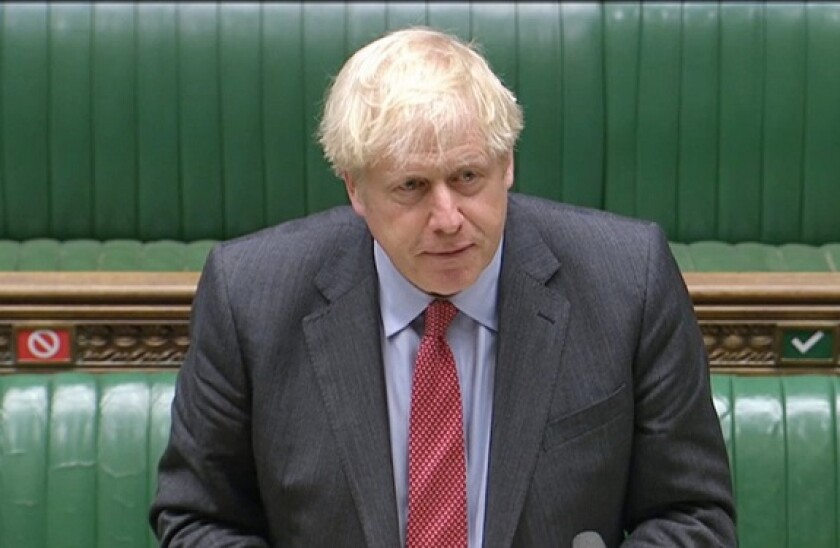Strong, stable government and robust institutions are a key foundation of any financial centre and have underpinned the City of London's eminent position in global finance.
With other financial centres craving a piece of London's financial action once the Brexit transition period ends in January, the City could be much better served by its government.
Until this week, the government’s strategy had been to hector workers into returning to the office in the hope of offering a lifeline to the businesses that depend on their custom and, by extension, those businesses' landlords.
Like so many government announcements, it was carried out in almost bullish and bombastic style with an order from Number 10 to the City to reinvigorate the urban economy.
Businesses have completed the arduous task of making their offices as secure as possible against Covid-19, often at great expense, by introducing social distancing, sanitisers and screens between desks among other measures.
According to the Office of National Statistics, 62% of adults were back commuting into work in September up from 36% in the summer and, as sure as night follows day, Covid-19 cases have increased in line with commuter numbers.
That culminated on Monday with the government sending out its scientific officers to address the nation, projecting as many as 50,000 new cases a day if infections kept rising unchecked. The tone was as deliberately alarmist as the previous exhortations to get back to work were ebullient.
Indeed, many questioned the likelihood of those sorts of extreme numbers coming to pass, even though few would have been shocked that infections would rise if people tried to resume normal life in colder months.
Now, prime minister Boris Johnson has reversed his earlier policy and instead of ordering City workers back to the office he wants them working from home again where possible.
The government may be acting reasonably in reintroducing its work from home directive, but it was wrong in deviating from a necessary measure to try to control Covid-19 infections in the first place, especially when it was so obvious that an increase in commuters could aid the spread of the virus.
Worst of all, the government has changed tack in a matter of weeks and thrown businesses into uncertainty again.
Add to that its recent willingness to breach international law and defy its own EU withdrawal agreement, and the government has shown it has no clear strategy for the most important issues of the day and that it cannot be trusted as a stabilising influence offering any sort of consistency. This must change if the City is to retain its appeal after the UK leaves the single market for good.
Good financial markets require good and predictable governance. What businesses cannot abide is uncertainty, or for politicians to intervene with no long-term plan about what they actually want to achieve.
Since the Brexit referendum in 2016 the government has treated the City with disdain, ignoring demands that it at least attempt to try to secure an agreement that allows financial services firms to do business uninterrupted with the EU.
Of course, the EU has also been a difficult negotiating partner when it comes to financial services but there is little the City can do about that — the EU does not represent it.
Not only has the government fallen short of this request, it is not even close to agreeing a regulatory equivalence regime with the EU, the bare minimum the City was asking for.
Many firms had held fire on aspects of the Brexit transition, including moving staff to continental Europe, instead willing to take the government at its word to trust in its negotiations. It has failed them on this, too.
For all its faults, the City of London is one of the great standard-bearers of the UK economy — however, politicians who govern and regulate without a plan will damage its appeal.
Bad leaders with a penchant for poor policy are normally the preserve of emerging and frontier markets, not the UK.
If the City is to retain its appeal as a global financial hub after the UK leaves the single market, the government needs to get its act together.

